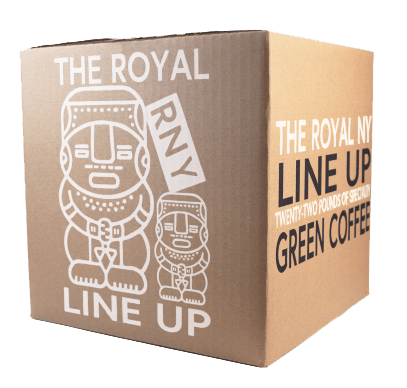No products in the cart.
Coffee
The Importance of Exporters in the Coffee Supply Chain
Coffee undergoes a pretty remarkable journey as it moves from a tree at origin all the way to your cup. If you’ve been sourcing coffee from Royal New York for any length of time, then you understand the role of importers in the supply chain. Of course, coffee starts in the hands of the farmers who grow it. However, there’s one crucial part of the journey that is frequently overlooked: exporters! Evan Kluender dives into the role coffee exporters play in the supply chain and how they support farming communities.
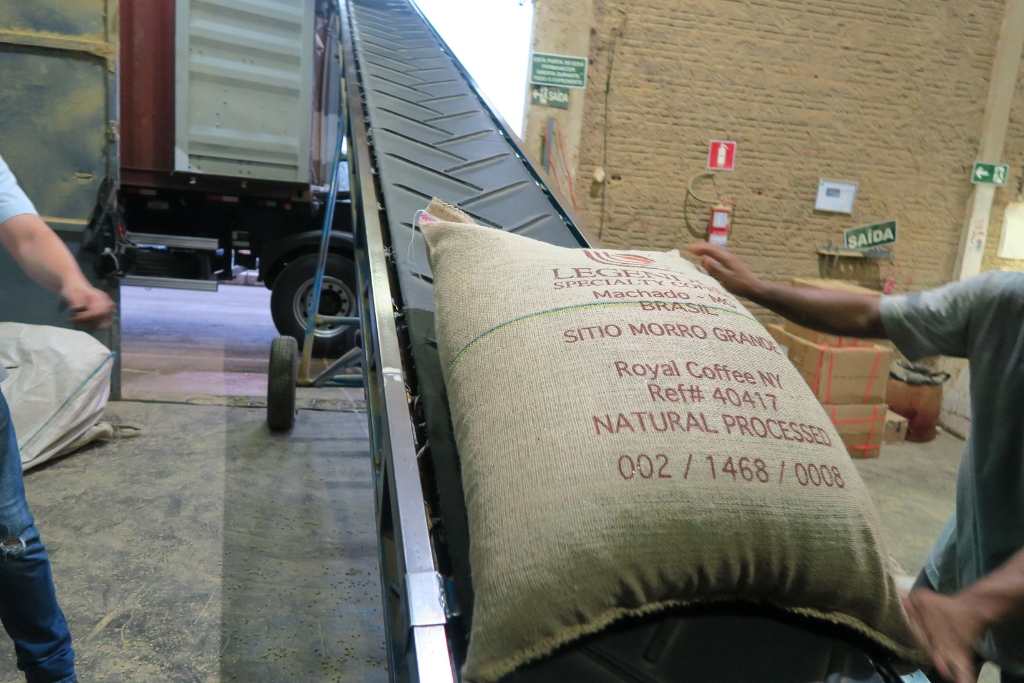
What do coffee exporters do?
Simply put, exporters buy coffee from producers and sell it to importers, who in turn distribute it to roasters. Coffee exporters wear a lot of hats, figuratively speaking. They handle sourcing, quality control, logistics, warehousing, and ensuring compliance with local regulations. Plus, they act as liaisons between farmers and international buyers.
Exporters are an invaluable part of the supply chain. They are truly the boots on the ground that make our relationships with producers possible, something we know is incredibly important as importers and roasters. To better understand these relationships, let’s dive into what the process of exporting coffee actually looks like.
Exporters & Coffee Farmers
Obviously, coffee begins its journey as a cherry on a tree. When the cherries are ripe, they’re harvested and ready for processing. But what happens next? On a large, vertically integrated farm, cherries are collected and brought directly to an on-property mill. Once processed, they are eventually sold to an importer or directly to a roaster.
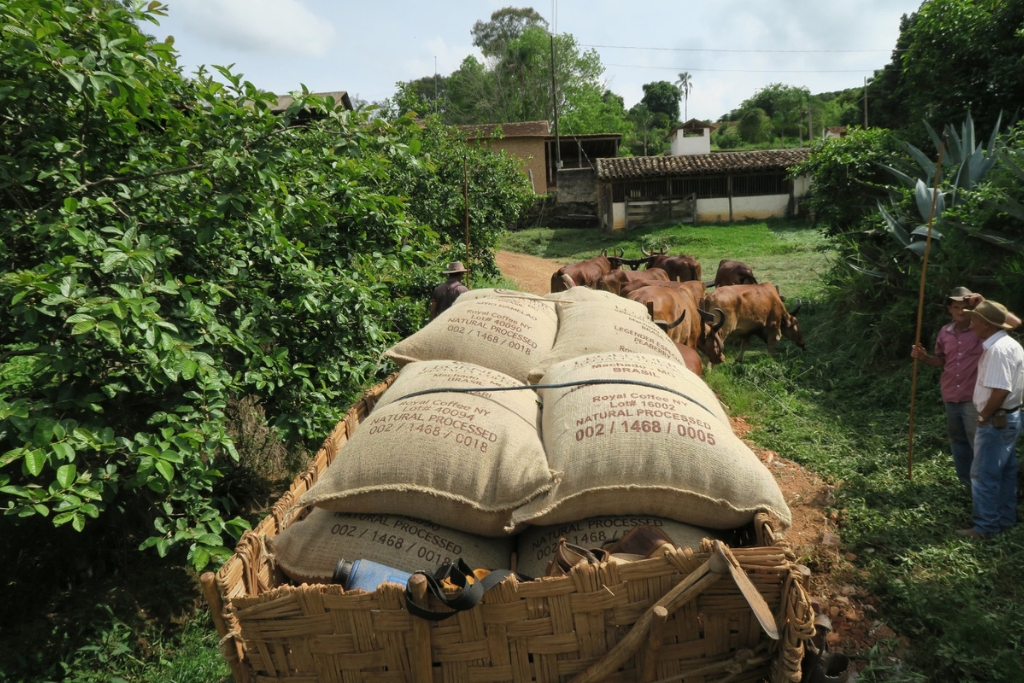
However, the majority of smallholder coffee farms are not vertically integrated. They often don’t grow enough coffee to fill the cargo containers we use to transport coffee by sea. Therefore, exporting services become essential to turn that cherry into dried green coffee that can be sold overseas in an exportable volume. This is where exporters come into play.
For a farmer who just spent nine months tending to their crops and ensuring a good harvest, the next steps can feel overwhelming. Processing and resting the coffee take several more months. After that, the farmer still needs to find a buyer overseas and manage the logistics of moving the coffee from mill to port.
This process can be daunting and typically just isn’t feasible for most farmers. In many cases, once a farmer harvests their crop, they bring the cherries straight to an exporter to be sold. They frequently do this in the same day to avoid leaving harvests open to theft, which is a real concern in some coffee-producing regions.
Many exporters buy coffee from producers in whole cherry and handle the milling and processing themselves. Others will buy coffee in parchment after it’s processed; the decision is mainly dependent on the needs of producers in a given region. Regardless of purchasing method, once coffee is processed, it’s time to find a buyer.
Exporters & Green Coffee Importers
After they purchase coffee from producers, exporters need to sell that coffee overseas. This means that developing solid relationships with importers is essential to make sure they can sell any purchased coffee.
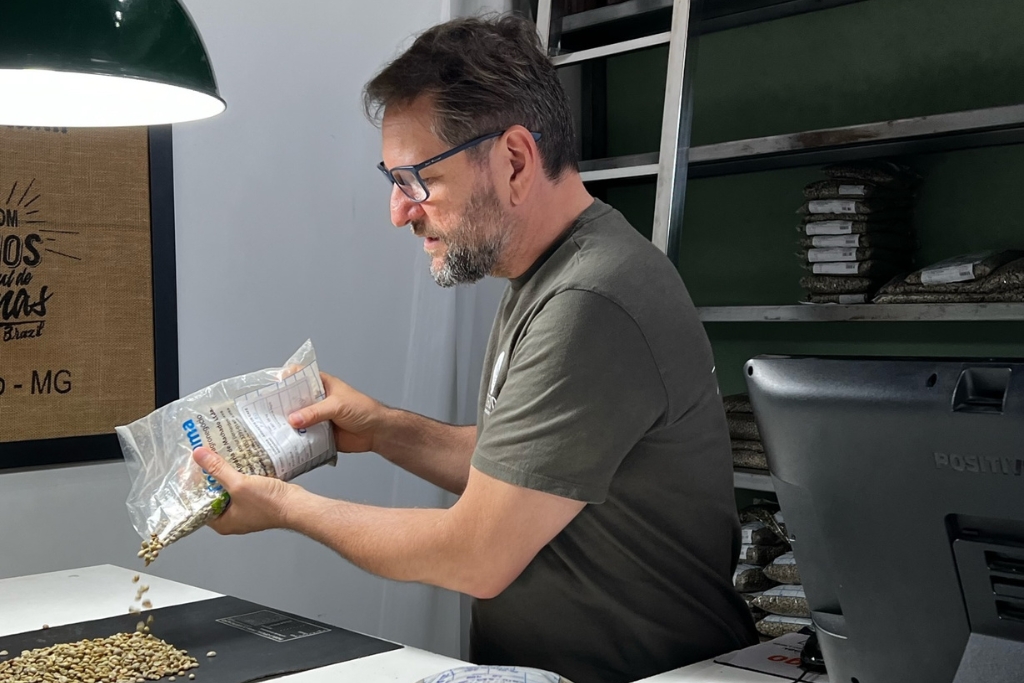
Exporter Insight
To best illustrate the value of this relationship, we spoke with Demilson Batista, owner of Legender Specialty Coffees, a longtime partner of RNY. Founded in 2012, Legender primarily exports coffee from small, family-owned farms in Sul de Minas, Brazil.
“A coffee farmer specializes in producing the best quality with the highest yield,” says Demilson. “The coffee market is volatile and can be risky for all involved.”
Legender’s methodology takes away the work of exporting from the farmers. This allows them to focus on what they do best without taking on the risks and financial challenges that come with selling coffee internationally. Furthermore, exporters like Demilson help bring notoriety to their farmers. Prior to 2012, the regions Legender sources from had never exported coffee. They were selling what was ultimately a superior product as generic grade Brazilian coffee to their internal market.
“Before we started exporting Sitios, they were invisible to the industry,” according to Demilson. “Legender’s export model positively impacted producers of small scale. We gave them visibility; they now have access to a premium market and, best of all…less risk and higher liquidity.”
The relationships Legender has developed with local producers have brought higher premiums to the region. Additionally, the last 13 years have allowed farmers to develop a following of coffee roasters who buy their coffee year after year.
Final Thoughts
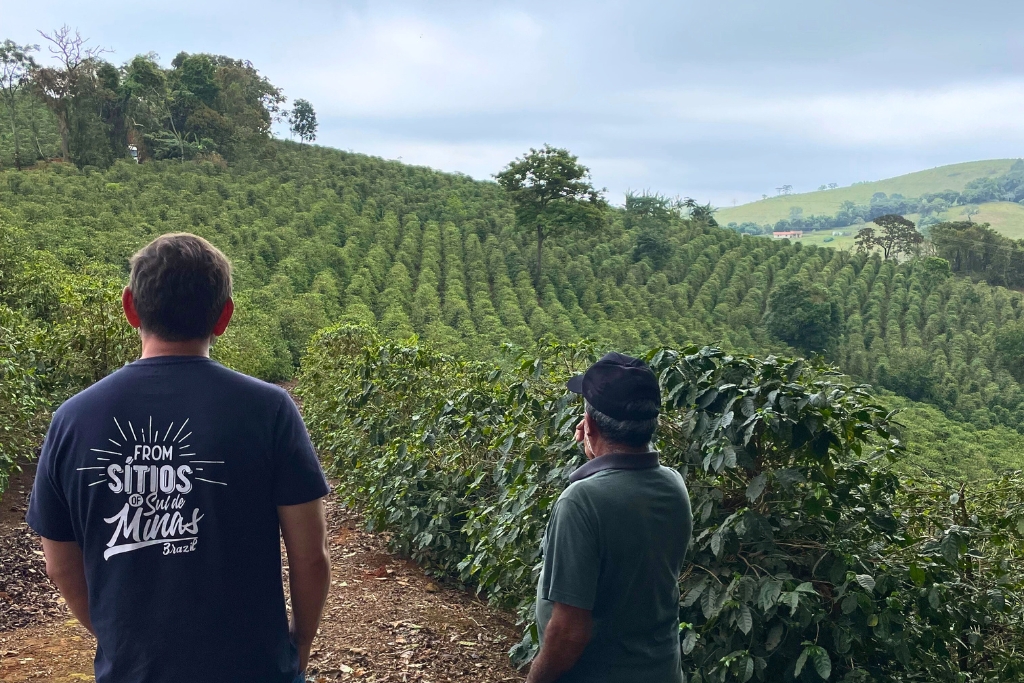
Coffee exporters bridge the gap between smallholder farmers and international markets. Not only do they facilitate the movement of coffee, but exporters also provide essential support to farming communities. Through their expertise in logistics, quality control, and market access, exporters enable farmers to focus on what they do best—growing exceptional coffee. Equally important, they ensure farmers can reach premium markets and achieve fair compensation for their hard work.
The story of Legender Specialty Coffees exemplifies how these relationships can transform entire regions. These relationships elevate both the quality of coffee and the livelihoods of those who grow it. In the end, the success of the coffee industry is a testament to the power of collaboration between farmers, exporters, and everyone else involved with bringing coffee from the tree to your cup.
